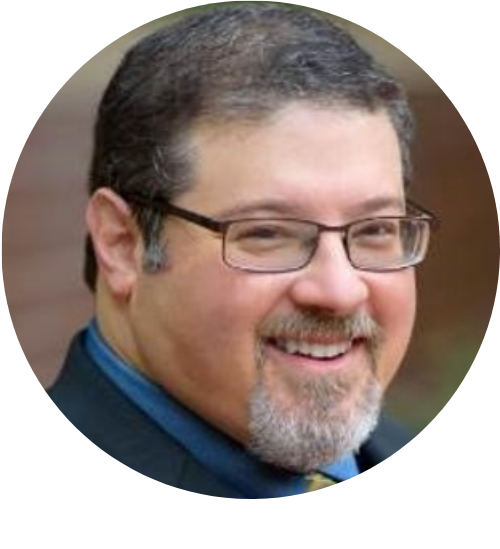Article and Video CATEGORIES
The answer is, "Usually pretty early". I tell my patients that the risk is "front-loaded", meaning that we typically see recurrences occur in the first couple of years after curative therapy for lung cancer, if they're going to happen at all. That said, I haven't seen a lot of data that actually illustrates the point, but there was a presentation at ASCO this past year that addressed how well recurrences/disease-free survival predict overall survival after surgery for resectable NSCLC. Not surprisingly, there was a very good correlation, though it wasn't perfect (patients can die from side effects of the treatment, or from unrelated but competing medical problems).
In the process of reviewing the data from two "meta-analyses" of multiple smaller studies of chemotherapy after surgery, either with or without radiation also administered, a group led by Dr. Michiels from Institute Gustave-Roussy in Villejuif, France reported on the "lead time" that diseease-free survival gives in predicting overall survival. They found that, if recurrences were going to ever happen, about 50% occurred within the first year, at least two-thirds within two years, and about 80% or more within three years.
This really corroborates the experience of clinicians caring for patients after surgery. Once you get out 2-3 years after surgery, odds are decidedly in your favor, with declining risk of ever seeing a recurrence if it hasn't happened within that time. Though the authors didn't report on the data with greater specificity, I strongly suspect that the data would show that patients with higher stage disease (stages II and III, for instance) are even more likely to recur early or not at all, while those with stage I NSCLC, especially those with smaller tumors or with cancers that we'd anticipate having more indolent behavior (bronchioloalveolar carcinoma, for instance) still having a risk that stretches out for years.
I don't think I've seen a similar analysis of patients with locally advanced NSCLC treated with chemo/radiation, but we see the same trend of front-loaded risk there too. Almost always focusing on patients with a higher stage than resected NSCLC trials, these studies show a median DFS of about 10 months, while others are dropping out from significant side effects and even a 5-7% treatment-related death rate in the more aggressive chemo/radiation trials (and these are in more selected patients than the broader population in the real world, many of whom wouldn't be eligible for such trials). A just-published trial of new non-surgical strategies for stage III NSCLC used OS 18 months after enrollment/start of treatment as the predictor of the efficacy of the strategy.
Clearly, the take-home message is that the risk of recurrence/progression for most patients with potentially curable lung cancer -- and this applies to limited disease small cell lung cancer as well -- is primarily focused in the first 12-24 months, diminishing thereafter. How early the peak risk is, and how long the tail of recurrence risk goes out, is largely related to the aggressiveness of the underlying cancer.
Please feel free to offer comments and raise questions in our
discussion forums.
Forum Discussions
Hi Blaze,
As much as I hate to say it, Welcome back Blaze. It sounds like you're otherwise feeling good and enjoying life which is a wonderful place to be. ...
Waiting for my appointment with oncologist this morning. Thank you for the response. It helps. <3
It sounds like you’re thinking of this in a very appropriate way. Specifically, it sounds like the growth of the nodule is rather modest, though keep in mind that the change...
Hi and welcome to GRACE. I'm sorry your mom is having this difficulty. An indwelling catheter is used when the pleura space continually fills and the catheter is always there to...





Hi Amber, Welcome to Grace. I'm so sorry you're going through this scare. It could be a recurrence. It also is as likely to be the contrast creating a better view. ...